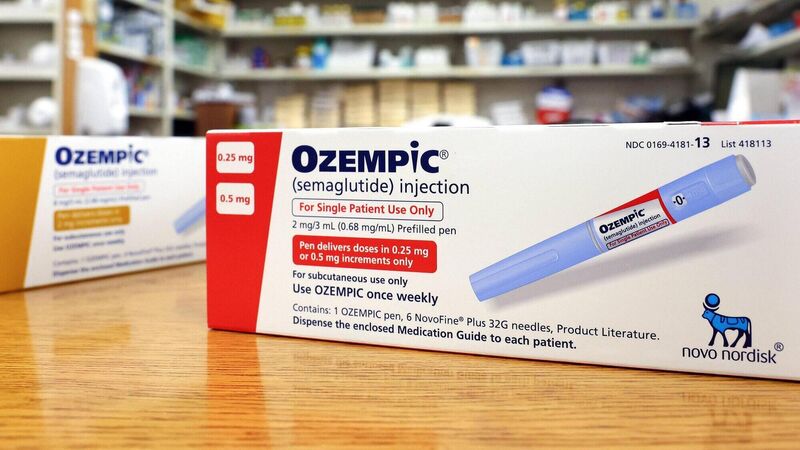Experts warn women to use effective contraception with drugs such as Wegovy and Ozempic as claims of increased fertility arise

Medications such as Wegovy and Ozempic, both of which contain semaglutide, have become hugely popular, not least because they can help people lose more than 10% of their body weight. Picture: Mario Tama/Getty
Claims that “skinny jabs” are fuelling an unexpected baby boom have led experts to warn women to pair their use with effective contraception.
Medications such as Wegovy and Ozempic, both of which contain semaglutide, have become hugely popular, not least because they can help people lose more than 10% of their body weight.













